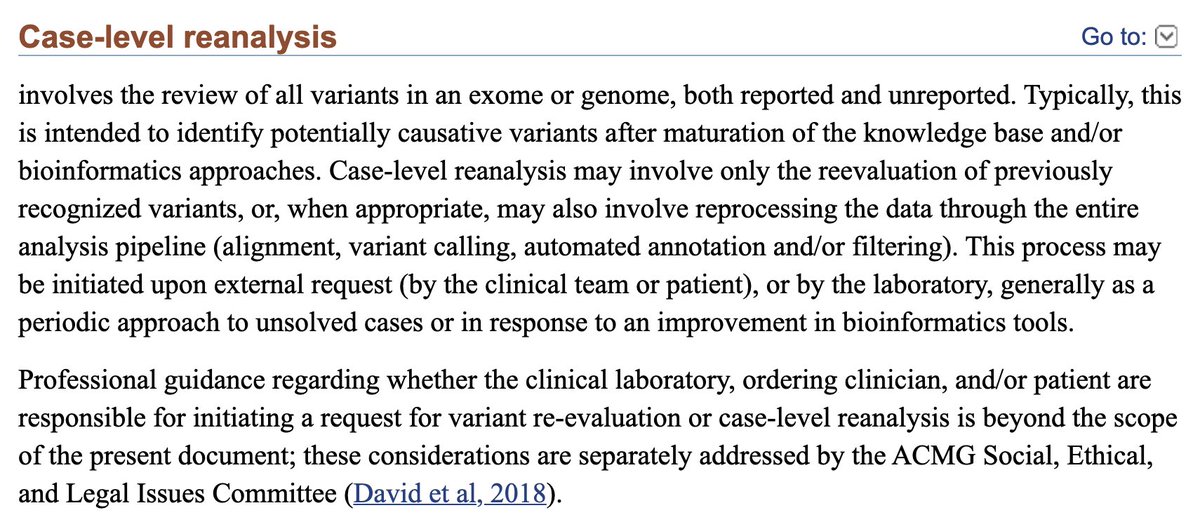
What is lead-time bias in #cancer screening?
Imagine that a meteor was hurtling through space towards the Earth. Its speed and trajectory indicate that it will destroy the planet in approximately 10 years.
Now, let's say that our best sensors are only ...
Imagine that a meteor was hurtling through space towards the Earth. Its speed and trajectory indicate that it will destroy the planet in approximately 10 years.
Now, let's say that our best sensors are only ...
... capable of seeing said meteor 1 year in advance. So, 9 years go by and we are blissfully unaware of our impending doom. Then, at the 9-year mark, we detect the meteor and measure our remaining survival time to be just 1 year.
What if I gave you a better sensor? What if this sensor could see the meteor from 10 years away instead of just 1?
How long would our survival time be? While we may have a 10-year lead time instead of a 1-year lead time, the meteor still strikes us on the same day.
How long would our survival time be? While we may have a 10-year lead time instead of a 1-year lead time, the meteor still strikes us on the same day.
The 10X improvement in 'survival time' is illusory because our planet was destroyed at precisely the same time.
Now, of course, you could argue that the longer lead-time widens our set of options, and that is true!
Now, of course, you could argue that the longer lead-time widens our set of options, and that is true!
We could scramble to figure out a way to divert the meteor or blow it up or embark on another fantastical idea.
However, we've got no way to know if we'll be successful. We do know that in 100% of attempts to save the planet, we will accrue significant costs.
However, we've got no way to know if we'll be successful. We do know that in 100% of attempts to save the planet, we will accrue significant costs.
Secondly, what happens if our sensor is wrong?
At 10 years in the future, a meteor that looks to be coming right at us may narrowly miss us.
If we scrambled to find a solution to that eventual non-problem, what are we left with besides unnecessary costs?
At 10 years in the future, a meteor that looks to be coming right at us may narrowly miss us.
If we scrambled to find a solution to that eventual non-problem, what are we left with besides unnecessary costs?
This last point emphasizes how lead-time bias can create overtreatment ~ unneeded procedures performed on tumors (meteors) that were never destined to kill.
Still, I bet if you were asked, you still might tell me you want the sensor anyway.
Still, I bet if you were asked, you still might tell me you want the sensor anyway.
Even mired by all these risks, it still FEELS good to know ahead of time ~ to feel like we're more in control when we aren't. It's only human and I won't lie that I feel the same way.
However, my (and any of our feelings) shouldn't dictate policy.
However, my (and any of our feelings) shouldn't dictate policy.
As promising and powerful as this wave of new sensors (liquid biopsies) are, without carefully controlled studies, we're likely going to be spending a lot of time trying to avoid what may be inescapable on the hope that by Year 10, we've got it all figured out.
• • •
Missing some Tweet in this thread? You can try to
force a refresh





